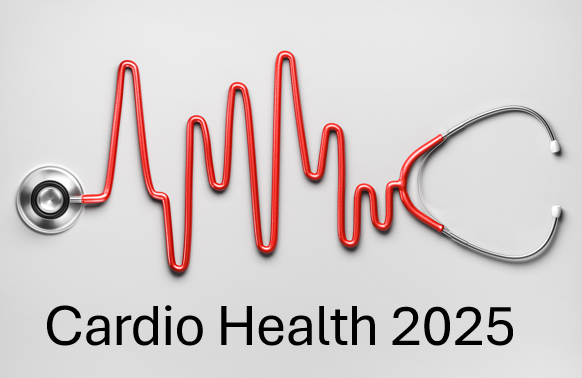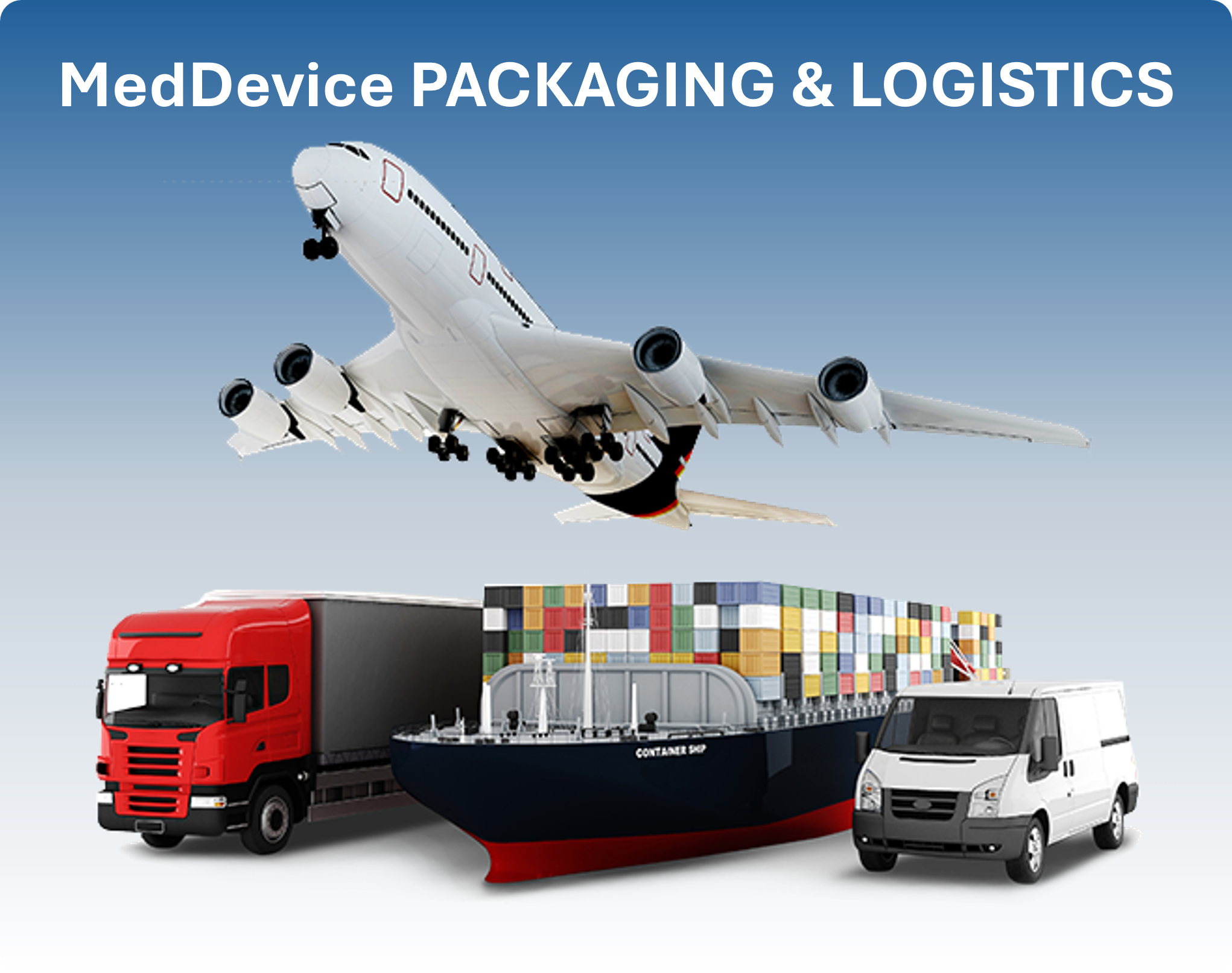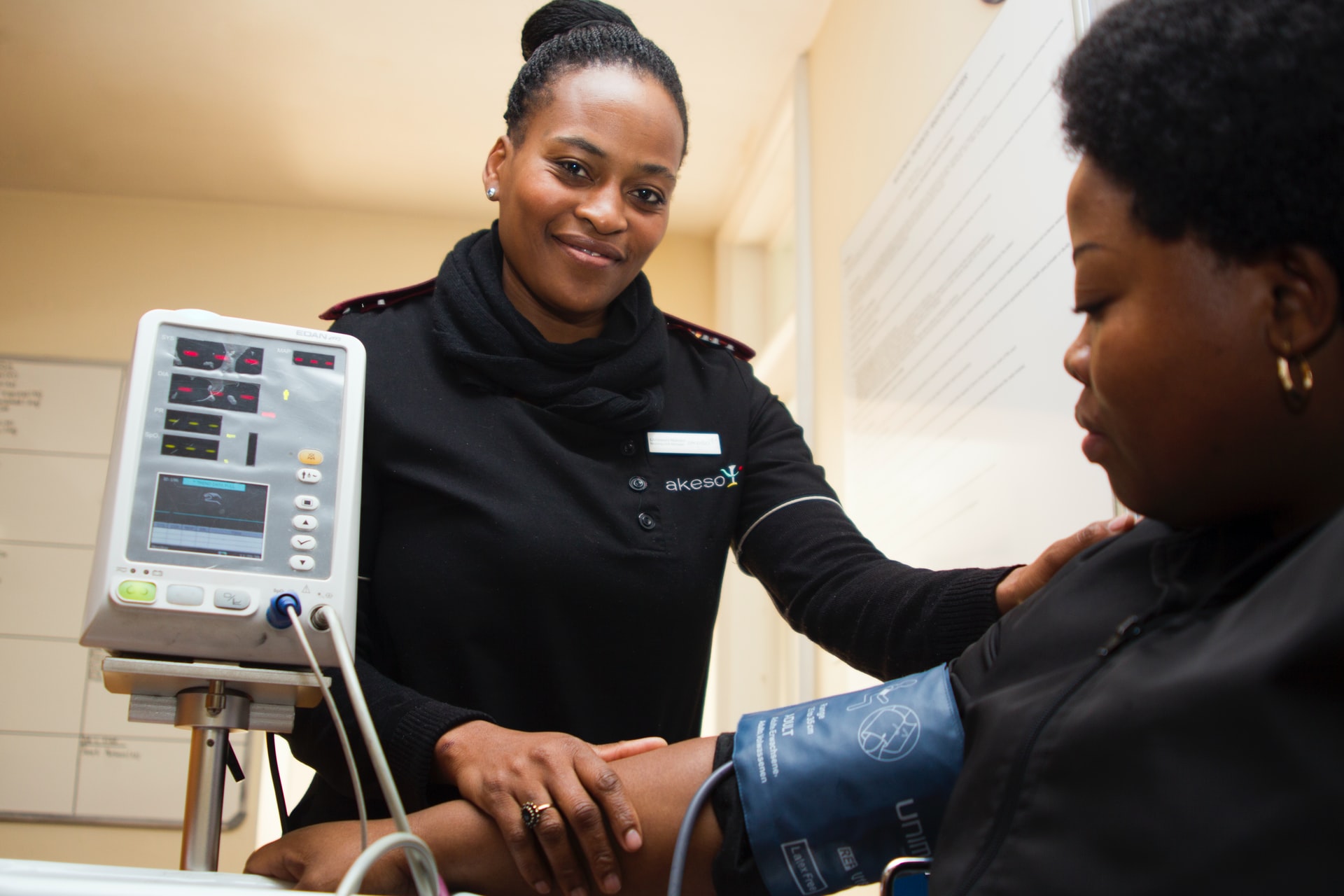
5 Lab IoT Breakthroughs Slashing Equipment Downtime
Lab IoT adoption is growing, and recent innovations make it more promising than ever. See how IoT advances can unlock new standards of equipment uptime.

Lab IoT adoption is growing, and recent innovations make it more promising than ever. See how IoT advances can unlock new standards of equipment uptime.

Cardiovascular conditions are the leading cause of death. Fortunately, industry leaders are discovering innovative ways to diagnose and treat them. See how mobile apps and AI will change this field in 2025 and beyond.

How does smart packaging improve medical device logistics operations? Learn about examples and explore how you might apply them.

IoT is a key factor in patient-focused digital transformation. The technology enhances precision lab equipment and operations, providing greater clarity of medical data, streamlining experimentation and fueling industrial automation.

Medical device regulations change frequently, so companies must be prepared to adapt. Following are strategies organizations can embrace to become more agile, allowing them to thrive amidst these increasingly rapid changes in innovation and regulation.

Excess humidity can affect a pharmaceutical’s structure, chemical stability and dissolving rate, and this moisture can come in contact with product at multiple points throughout production and shipping. Fortunately, new technologies are making it easier for manufacturers and shippers to detect and reduce moisture before it damages their products.

RFID and IoT technologies can strengthen the medical device supply chain and improve workflows. The following real-life examples illustrate the benefits that can be achieved.

Smart hospitals are revolutionizing health care with the help of AI, IoT and robotics. Following are the latest technology and data analytics tools and trends that are helping these hospitals of the future provide safer, more personalized care.

Connected medical devices have many advantages but require a higher level of security. If the medical industry doesn’t improve its cybersecurity posture, it could endanger patient privacy and lives.

The growing availability of 5G networks is speeding the adoption of IoMT and allowing for new innovations, including drone delivery of medical supplies to rural areas, better surgical collaboration and 3D holograms for diagnoses and surgical planning.